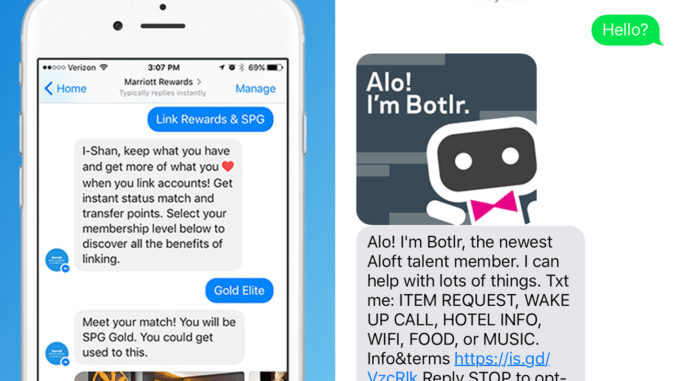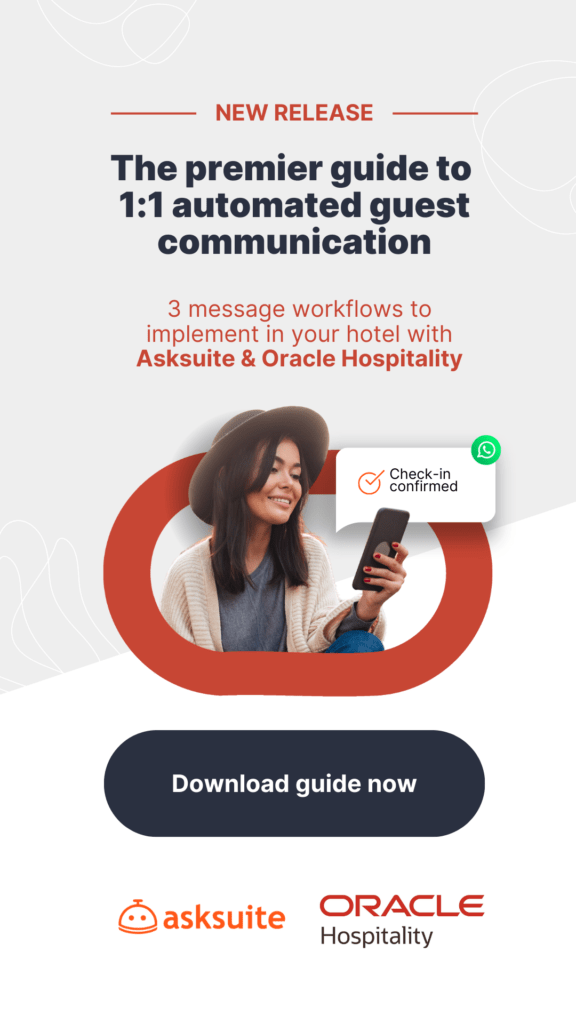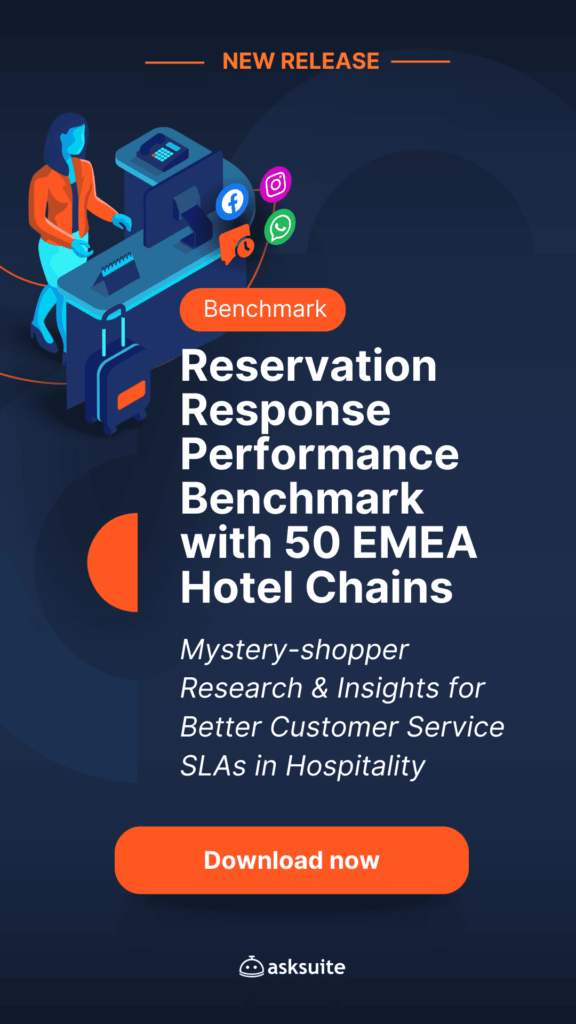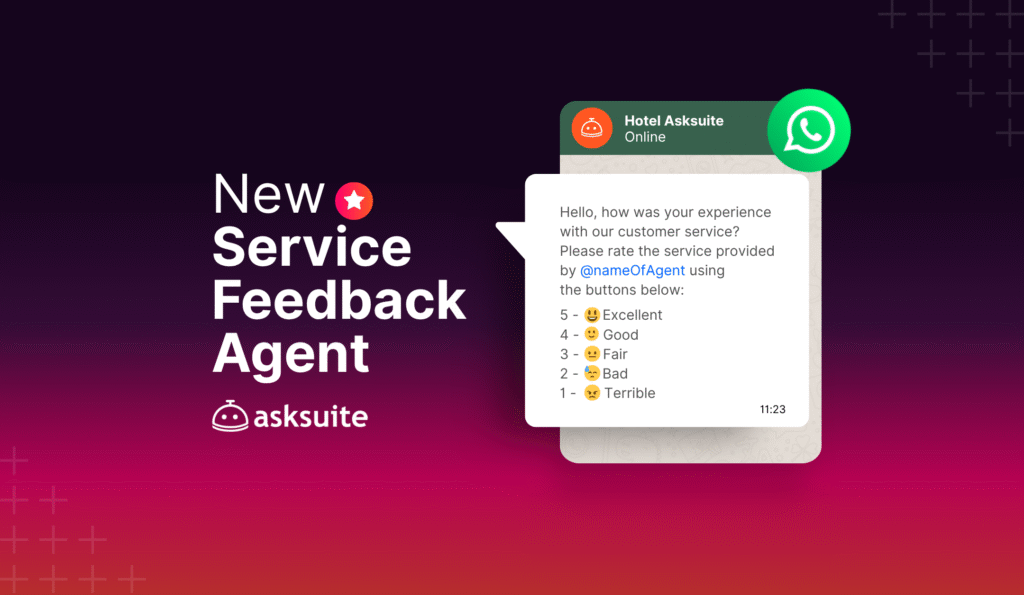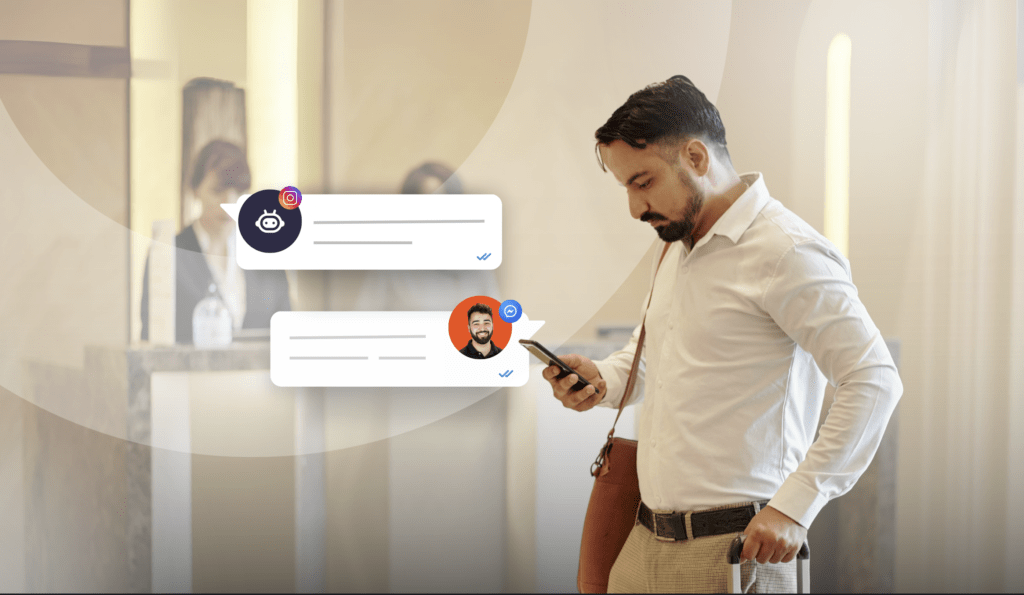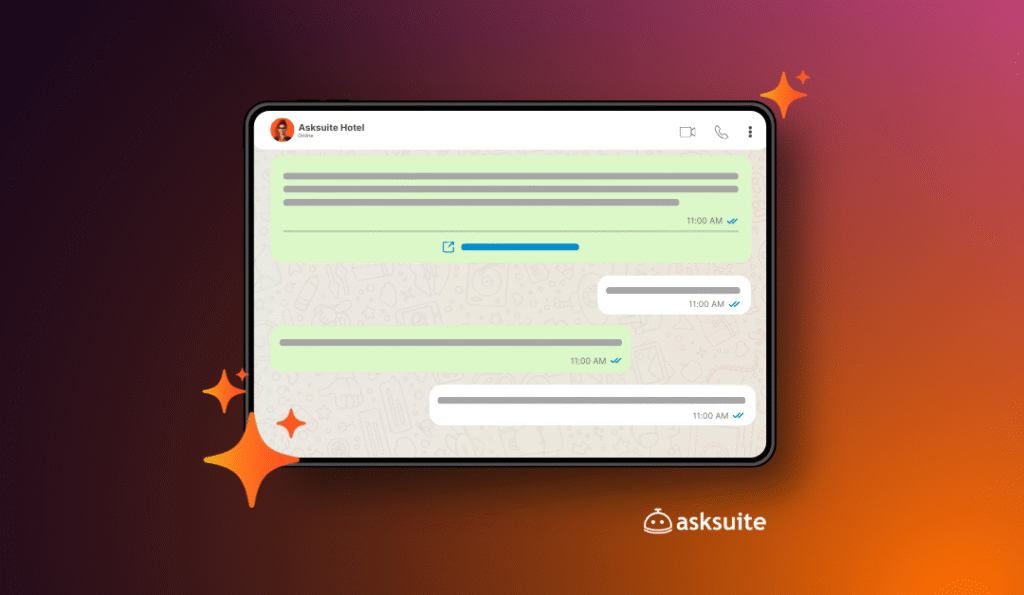Today’s dynamic business environment targets productivity as the key to the success of any industry, including hospitality. Artificial intelligence can significantly streamline business operations and improve efficiency.
In this article, we explore how hotels can effectively use ChatGPT to skyrocket their productivity and performance. Plus, we share case studies of hotels that have already successfully implemented this innovative technology.
So, if you’re a hotel owner interested in boosting your hotel’s productivity, keep reading to learn how ChatGPT can help you with this task.
What is ChatGPT?
ChatGPT is a language model which uses natural language processing to perceive and respond to customer queries in a conversational manner. The purpose and benefits of this powerful tool center around providing an intelligent and intuitive interface for users to interact with and obtain information on a wide range of topics.
In fact, ChatGPT for hotels has a significant number of benefits. To begin with, it helps users quickly and easily find information on a wide range of topics so that they do not have to spend extra time on web surfing. Also, ChatGPT’s natural language processing capabilities allow it to process queries in an intuitive and easy-to-understand way.
Moreover, ChatGPT learns and adapts to new information over time. Active interaction with users helps this technology collect data on their preferences and use this info to provide more personalized responses. This, in turn, results in a more efficient and satisfying user experience, as customers prefer to receive responses tailored to their needs.
Please remember that the hotel business is quite a customer-centric sphere, so ChatGPT can be an efficient tool for improving customer service, not replacing it, though.
5 ways hoteliers can boost productivity with ChatGPT
As a hotelier, you may be interested in customer service automation for hotels and how ChatGPT benefits can efficiently boost your business productivity, so let’s get down to a practical part of this article.
Here are 5 tactics hoteliers can use to benefit from ChatGPT:
1. Use ChatGPT to automate routine tasks
Hotel chatbot technology can be used for booking assistance by verifying details, handling payments, and providing relevant information. It will also aid your hotel’s cancellations and modifications, based on the requests of your customers and room availability.
Furthermore, ChatGPT for hotels can be very helpful in providing concierge services or offering your guests the latest information on nearby tourist attractions, restaurants, and transportation options based on the guest’s preferences.
On top of it, you can rely on AI chatbots for hotels when it comes to billing and invoicing: it will generate invoices and send those to guests based on their stay duration, services used, and other charges.
Automating room service requests will become a great relief to your staff: guests can easily use ChatGPT for ordering food, drinks, and other amenities. This will contribute to staff workload reduction so that they focus on more complex tasks and improve overall business efficiency.
Conversational AI for hotels can be used to create a centralized communication platform for hotel staff. This clever chat tech will contribute to the immediate sharing of information and updates to ensure everyone is on the same page, reducing the possibility of errors or miscommunication.
2. Employ ChatGPT to enhance customer service
To begin with, ChatGPT is available 24/7 for your guests so that they can make inquiries, get fast FAQ responses or report issues and receive assistance at any time of the day, even outside of regular business hours. In other words, this intelligence-powered model can process hotel service requests hands down.
By meeting the specific needs of your customers ASAP, the guest experience is refined. Don’t forget about the importance of properly planned chatbot scripts, as this is the only way you can manage your AI assistant’s communication with hotel guests. This is where an appropriate AI writing tool comes to the rescue.
Moreover, your customers may require translation services and multilingual support in real-time to better communicate their needs to the hotel staff and get the assistance they need fast.
Leverage ChatGPT for collecting feedback and reviews from your guests so that your management team can use those for further analysis. ChatGPT can be used to enhance customer service in the hotel industry by providing efficient assistance to travelers, overcoming language barriers, as well as handling FAQs, and feedback collection.
3. Provide personalized guest recommendations
By analyzing guest data and preferences, ChatGPT for hotels can provide personalized recommendations of rooms, amenities, and activities, increasing your guests’ satisfaction and loyalty. An AI assistant learns your clients’ wants and needs to be able to meet those when the time comes.
Hospitality chatbots, like Aslsuite’s, are suitable for providing quick and convenient assistance like making reservations, booking transportation, and accessing hotel amenities in a prompt, convenient manner. This is the way you can save the traveler’s time and effort and make their stay even more enjoyable.
4. Leverage predictive analytics to optimize pricing and availability
No one can predict the future. Only if you’re a fortuneteller of some sort. Anyway, ChatGPT can!
It can be taught to anticipate some future trends, such as peak booking times or popular amenities your customers usually order. Thus, the hotel chatbot use case proves that management can better plan their operations and allocate hotel resources more effectively.
5. Use Artificial Intelligence to improve marketing and promotions
This ground-breaking tool is perfect for targeted advertising as it can scan guest data and identify patterns, preferences for providing better context to ad campaigns. Such an approach contributes to attracting potential guests who are more likely to be interested in this type of service.
Promoting special offers and packages to guests through automated messaging will make it easier for guests to find and take advantage of these offers. Integrate chatbots into social media platforms. Your customers will make inquiries, book rooms, and access hotel services through social media without jumping between the tabs.
Utilize online hotel assistants for virtual tours and showcasing your place’s amenities. So, your potential guests can get a sense of the hotel’s layout and main facilities and this, in turn, can help to persuade them to book a stay in your facility. That’s a shame we weren’t given such marvelous opportunities in the past!
Case study: hotels using ChatGPT for productivity
Alright! Here we are, getting to what you want to see the most. But before we dive deeper, let’s see how ChatGPT in the hotel industry can get you a significant return on investment (ROI).
- Cost savings: By automating tasks such as answering guest queries and handling booking requests, hotel automation solutions can greatly reduce the workload of hotel staff, leading to significant cost savings associated with hiring additional staff. Chatbots can easily deal with a high volume of guest interactions, reducing the need for staff overtime as well as other expenses related to hiring additional staff during peak periods.
- Increased revenue: ChatGPT can provide personalized recommendations to guests based on their preferences, increasing the likelihood of repeat bookings and positive reviews.
- Improved guest satisfaction: You can rely on your AI booking assistant, which can successfully handle guest interactions, contributing to boosted guest satisfaction and loyalty. Positive personalized guest experience can lead to positive word-of-mouth referrals, and further increase the ROI for the hotel.
As you can see, the long-term benefits of increased productivity, reduced costs, real-time response, and multiplied revenue can make it a worthwhile investment for hotel owners.
Now that we’ve aced the basics, it’s time we walked the walk. Even though ChatGPT is relatively a new buzz, there are already winning examples of its working potential.
Aloft Hotels: a hospitality company and part of the Marriott International Group, uses a chatbot named “ChatBotlr” to assist guests with common queries: hotel amenities, room rates, check-in and check-out times.
Four Seasons Hotels and Resorts: A Chatbot named “Four Seasons Chat” effectively handles guest requests, including room service orders, spa reservations, and housekeeping services.
The Cosmopolitan of Las Vegas: Meet “Rose” – the chatbot concierge service from Las Vegas Cosmopolitan. It assists guests with room bookings, restaurant reservations, and provides personalized recommendations for local activities.
And the biggest case of all: Asksuite’s AI booking assistant is integrated to more than 3K hotel websites. This technology easily handles all pre-booking questions, nudging travelers to book direct and saving hotels thousands of dollars from OTA commissions. This is not all Asksuite offers, get in touch to get a FREE product Demo.
Conclusion
By implementing Artificial Intelligence, hotel owners can successfully reduce staff workload, improve response times, and better the guest experience. This will result in higher revenue and customer satisfaction. Consider leveraging chatbot sin your hotel operations today to stay ahead of the competition.
About the author: Evelina Carillo, writer, and blogger, has more than 10 years of experience in creating various content assets in the marketing and business field, as well as 5 years of experience at EdTeh.

